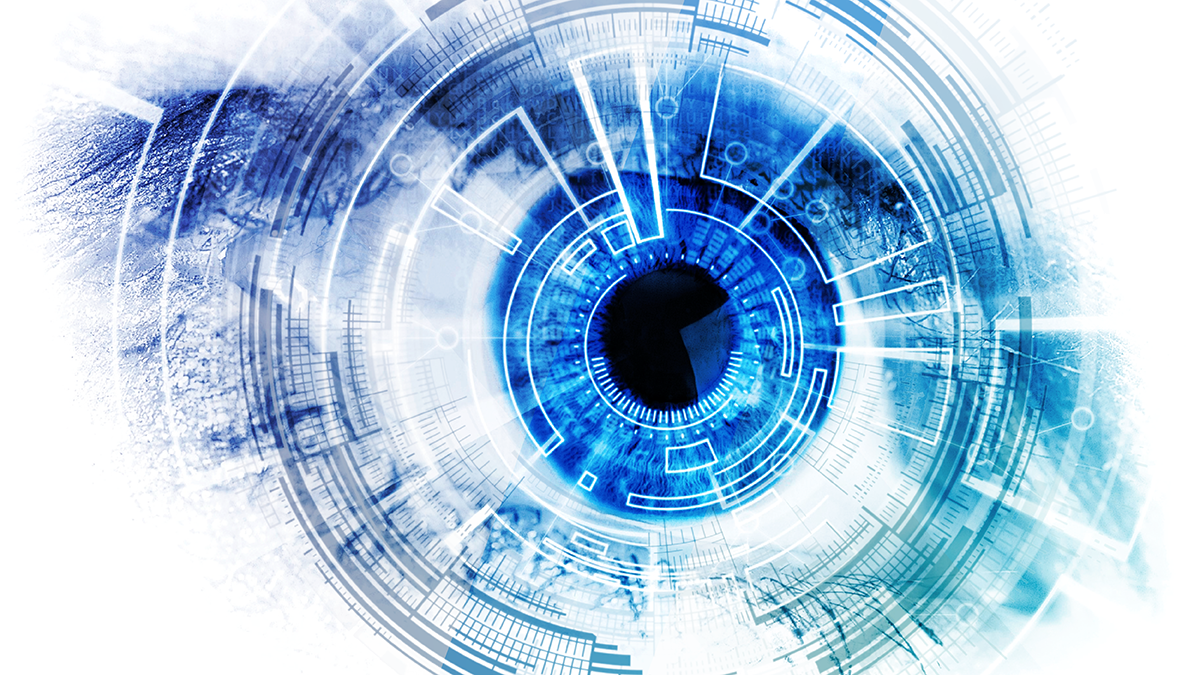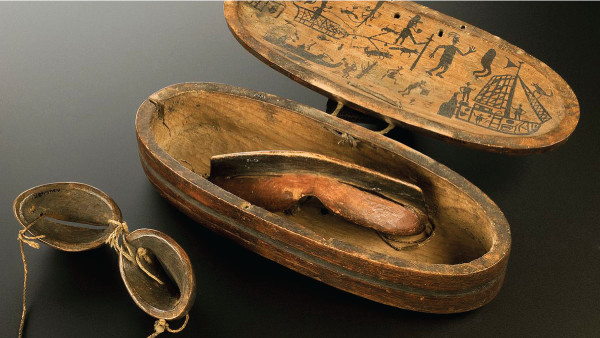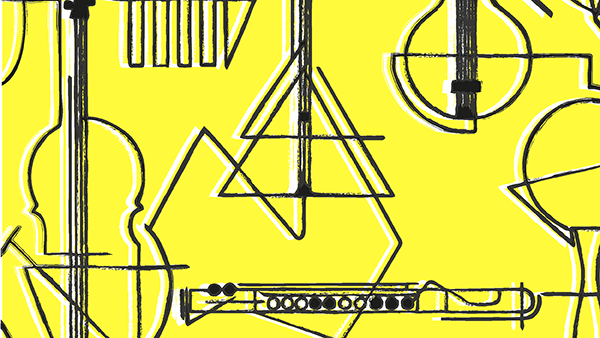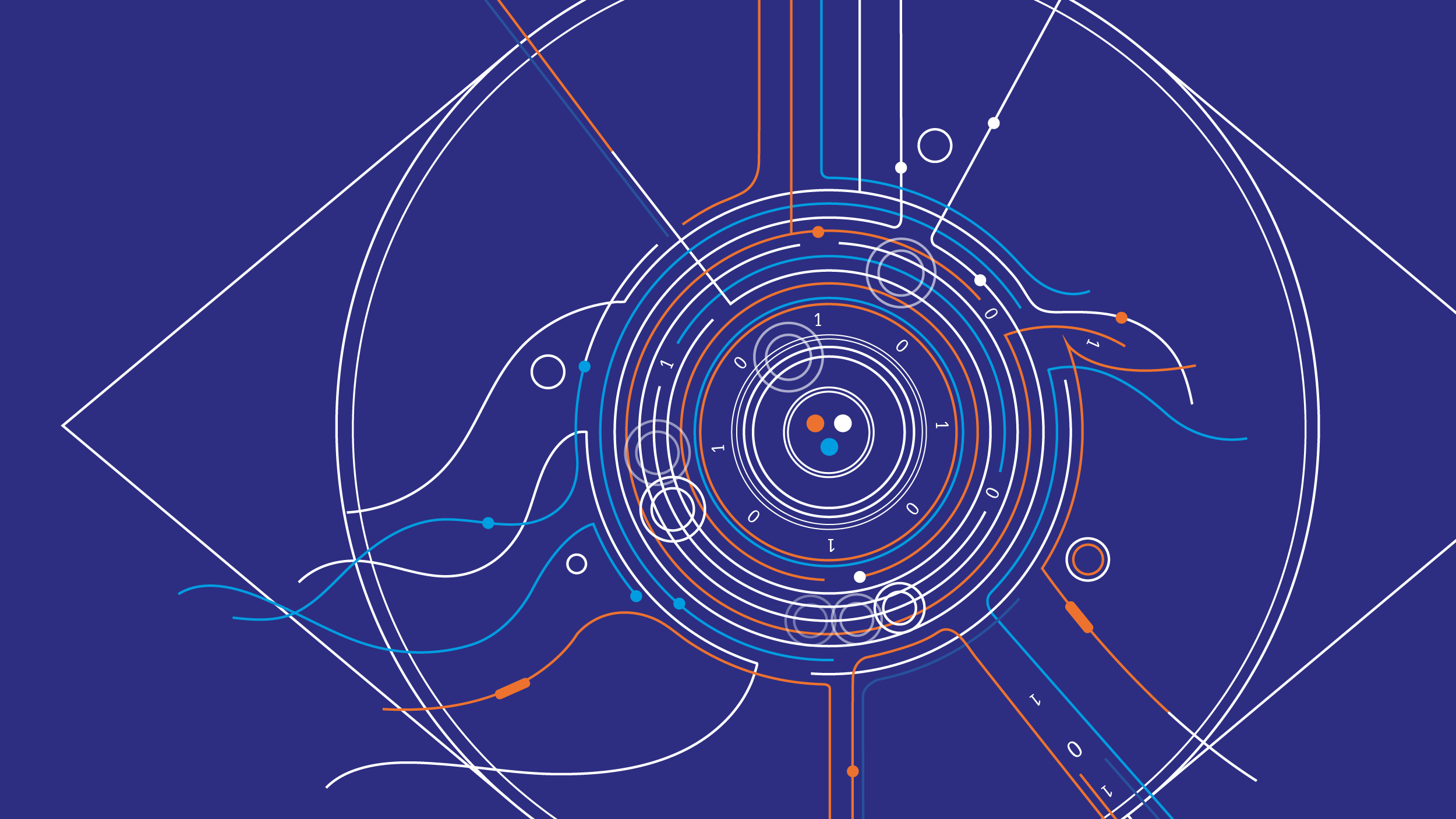You are viewing 1 of your 3 articles before login/registration is required
Eye, Robot
Ophthalmologists were able to discern human from AI-generated responses with 61 percent accuracy
Large language models (LLMs), such as BERT and GPT-3, have transformed how computers process and understand language. Trained on vast amounts of text, these models have found diverse applications in healthcare, particularly in specialties such as radiology that are data-heavy and image-focused.
One standout among these models is ChatGPT, an AI-powered LLM developed by OpenAI and built on GPT-3.5. Since its release in November 2022, the chatbot has worked to simplify radiology reports, write discharge summaries, and transcribe patient notes (2).
Despite revolutionizing the medical landscape, a rise in medical misinformation has caused a major concern about the safety and reliability of LLM chatbots, especially in niche specialties such as ophthalmology.
To better explore the clinical effectiveness of AI-powered technologies, US-based researchers compared the quality of ophthalmic advice generated by an LMM chatbot with those of board-certified ophthalmologists.
Patient questions were selected from over 700 pages of The Eye Care Forum, which provides users with answers from physicians affiliated with the American Academy of Ophthalmology (AAO). These questions were subsequently put into ChatGPT, and added to a data set ensuring each question had an answer from a human ophthalmologist and the chatbot.
In total, 200 pairs of questions and answers were evaluated. A board of eight ophthalmologists were able to discern human from AI-generated responses with 61 percent accuracy. However, chatbot answers were not perceived to be significantly more harmful than human responses in relation to incorrect information, likelihood and extent of causing harm, and agreement with perceived consensus in the medical community.
The results seem to suggest that LLMS can, in fact, provide astute and appropriate ophthalmic advice to patient queries of varying complexity. So, will there come a time when AI technologies fully replace physicians for some tasks?
This article first appeared in The Ophthalmologist.
The New Optometrist Newsletter
Permission Statement
By opting-in, you agree to receive email communications from The New Optometrist. You will stay up-to-date with optometry content, news, events and sponsors information.
You can view our privacy policy here
Most Popular
Sign up to The New Optometrist Updates
Permission Statement
By opting-in, you agree to receive email communications from The New Optometrist. You will stay up-to-date with optometry content, news, events and sponsors information.
You can view our privacy policy here
Sign up to The New Optometrist Updates
Permission Statement
By opting-in, you agree to receive email communications from The New Optometrist. You will stay up-to-date with optometry content, news, events and sponsors information.
You can view our privacy policy here







